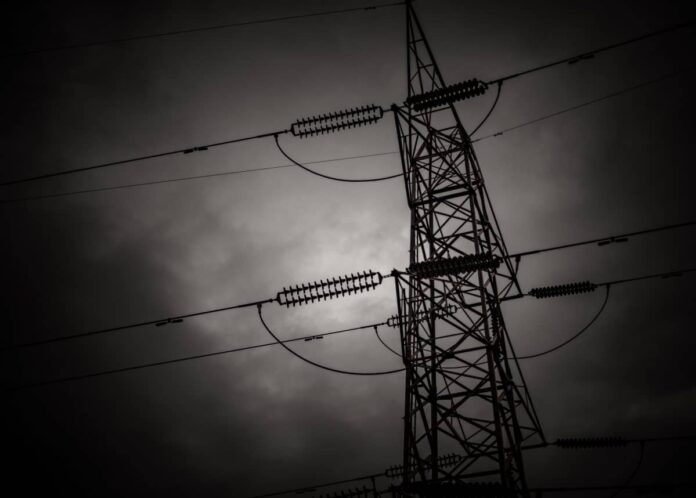A recent study by Sakeliga has shown that businesses are fast becoming less dependent on Eskom, blaming the migration to costly rolling blackouts.
Russell Lamberti, executive director of research and strategy at Sakeliga, said load-shedding has cost businesses greatly. Lamberti added that business people are now vying for the privatisation of electricity generation and distribution.
“Complete dependence on Eskom has diminished substantially over the last three years, with acute dependence falling from 60% to 35% of those surveyed. However, most businesses remain dependent on Eskom to a significant degree,” said Lamberti.
“Less than one in five businesses surveyed consider themselves completely independent of Eskom’s power supply, and this has not changed in the last three years.
“Business owners are clearly demanding the ability to buy energy from alternative producers and distribution networks that can affordably meet their industrial-scale needs. Therefore, over 90% of those surveyed fully agree that South Africa’s energy market must be completely opened to private power production and distribution.
“These results strongly underscore our view that full energy market liberalisation is an urgent imperative.”
Sakeliga surveyed more than 478 businesses to determine the cost of the rolling blackouts on its member businesses. Sixty-four percent of the respondents were small businesses with only 10 or fewer employees.
The survey, which was conducted during the peak of load-shedding in June, has found that businesses are now spending more on alternative power sources to alleviate power shortages.
The survey further revealed that the direct costs of severe load-shedding amount to a substantial 5% turnover for the median business that has a monthly revenue of about R300 000 while reporting a loss of R8 000 a month from April to July.
He added that an increase in power shortages in June has had a negative impact on economic growth and business health, stating that the scarcity poses a threat to Sakeliga’s member businesses.
“There are limits to how much individual businesses can go off the grid without the efficiency benefits of a coordinated and scaled electricity network. Most businesses need reliable, affordable, industrial-scale electricity production, which small-scale renewable solutions cannot provide.”
According to Lamberti, sustainable solutions are required to curb the issue of electricity generation and distribution. However, these are costly, and small and medium businesses will not afford them.
He also raised concern that there may be a degree of gratification about the energy supply problem and “the time it could take to resolve at scale”.
“The survey confirmed that businesses tend to rely on back-up power solutions that offer reliability and lower capital outlays and can handle high energy demands.
“Approximately 70% of businesses surveyed use petrol or diesel generators as back-up power supply, compared to only 20% that use solar power. Nearly 40% use small UPS systems for short-term continuity, compared to only 10% that use more expensive large battery storage solutions.
“Given the substantial rises in the prices of fuel and fuel taxes, reliance on petroleum generators can be expensive, but their reliability, energy density, and lower upfront capital outlay clearly still make them appealing.”
Lamberti warned that the inability to establish private production and distribution networks, due to state regulations, limits the options for independence from the state’s power utility.
“If this freeing of the energy market, in the vital interests of society, is not granted by the state, then energy independence will have to be claimed by concerted civic and private efforts,” he said.
For more business news from Sunday World, click here.
Follow @SundayWorldZA on Twitter and @sundayworldza on Instagram, or like our Facebook Page, Sunday World, by clicking here for the latest breaking news in South Africa. To Subscribe to Sunday World, click here



